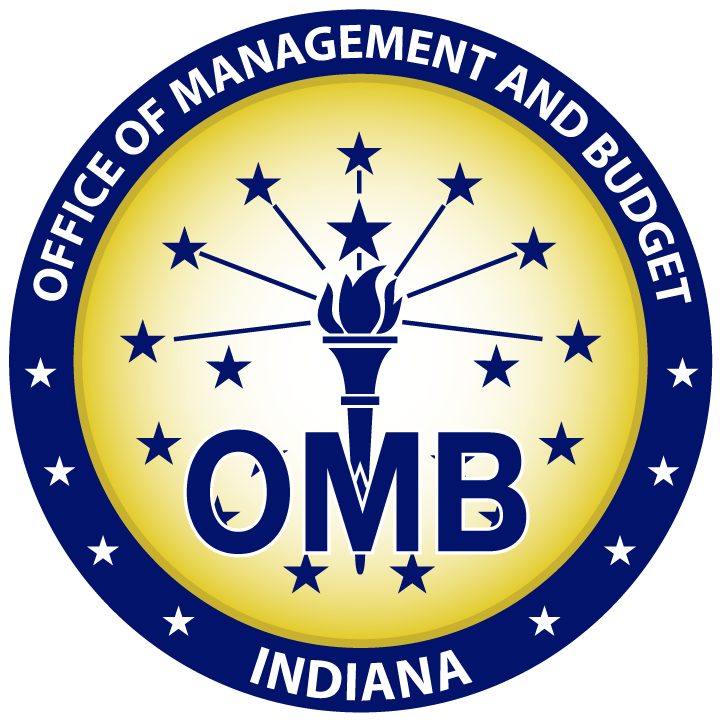Administrative rulemaking is the process by which agencies are authorized to establish binding standards of conduct for regulated entities. The Administrative Rules and Procedures Act (ARPA) governs agency rulemaking, Ind. Code Art. 4-22, and applies “to the addition, amendment, or repeal of a rule in every rulemaking action.” Ind. Code § 4–22–2–13(a). A rulemaking action that does not comply with the requirements of Ind. Code Art. 4-22 is invalid and does not have the effect of law until it is adopted in conformity with Ind. Code Art. 4-22.
Effective July 1, 2023, agencies can do rulemaking through three pathways: regular rulemaking under IC 4-22-2, provisional rulemaking under IC 4-22-2-37.1, or interim rulemaking under IC 4-22-2-37.2. In addition, agencies must readopt rules at least every 5 years under the procedures in IC 4-22-2.6.
The resources below are intended to help guide agencies through these various rulemaking pathways, summarize the standards required for review and approval, and provide other guidance on the rulemaking process. Questions regarding the rulemaking process or the Office of Management and Budget (OMB) and the Governor’s role should be directed to: SBArules@sba.in.gov
Agencies looking for guidance on drafting standards for rules should consult the Legislative Services Agency (LSA) Administrative Rules Drafting Manual. Agencies looking for guidance regarding the Attorney General’s review of proposed rules should direct questions to the OAG Advisory Section.
Note, as of July 1, 2024, the required regulatory analysis template is updated, and the regulatory analysis is now required for provisional and interim rules.
Regular Rulemaking
Provisional Rulemaking
Interim Rulemaking
Readoption Process
Regulatory Analysis Template
Rule Requirements
HEA 1623 (2023) Implementation
Rulemaking Resources
LSA Rulemaking Templates
Questions should be directed to:
